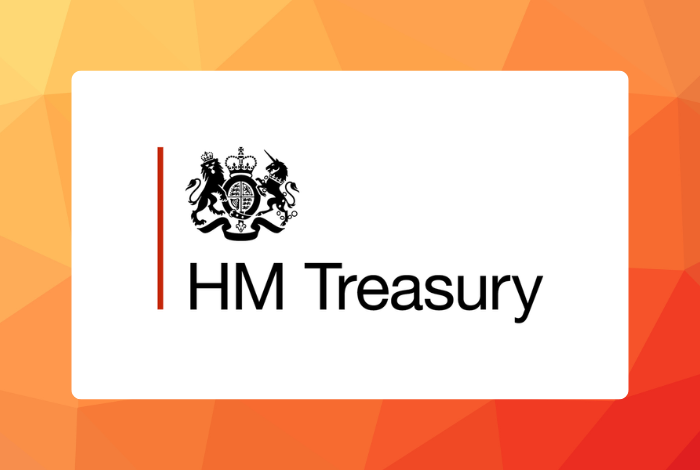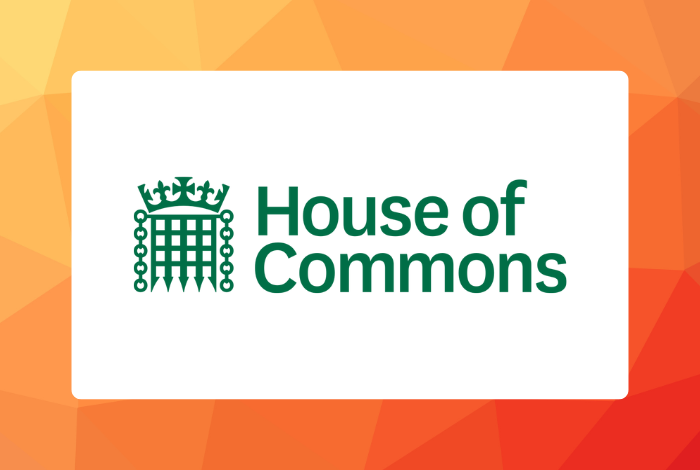
12 Jukl 2020
This consultation, together with the consultation on a new Digital Finance Strategy, is a key step towards the adoption of a Retail Payments Strategy for Europe.
Payments are vital to the economy and to growth, while the smooth functioning of payment systems is paramount to financial stability. The use of non-cash means of payment has consistently increased over the years in the EU and this trend is expected to continue with digitalisation.
EU legislation in the payments sphere has played a key role in promoting a fair, transparent, innovative, and competitive payments market in the EU. The E-money Directives (EMD1 and EMD2) and the first Payment Services Directive (PSD1) introduced a licensing regime that allowed for the issuance of E-money and the provision of payment services by non-bank financial institutions.
Technology has also shaped the evolution of the retail payments market. Indeed, payments are a dynamic, constantly evolving business, heavily relying on technology. Over the last decade, they have been influenced by an unprecedented development of a broad range of technologies. In an increasingly connected world, consumer expectations are also evolving, making speed, convenience and ubiquity the new expected normal, at no expected additional cost. European citizens also count on the benefits of a truly integrated Single Market, which should allow them to make cross-border payments in the EU as easily and as fast as at home.
As for many sectors, digitalisation and the use of innovative technologies bring new opportunities for payments, such as: a more diverse offering of services enabled by access to mobile and internet networks; systems enabling payments credited to beneficiaries in just a few seconds (the so-called “instant payments”); potentially fully automated payments associated with the development of the Internet of Things; and the execution of smart contracts in a blockchain environment. Other technologies, such as those supporting e-ID, can also be leveraged to facilitate customer on- boarding and payments authentication in domestic and cross-border contexts.
Full CryptoUK response here.






